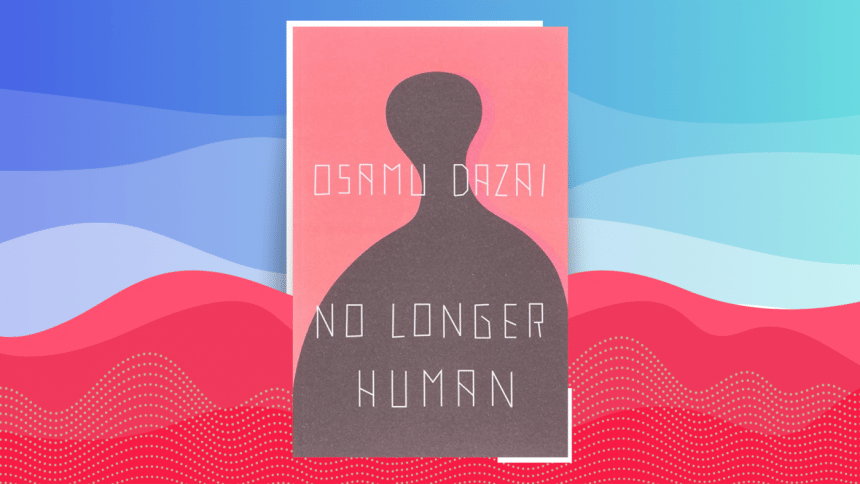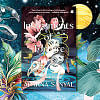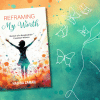No Longer Human: Dazai’s tale of distortion, degeneration, and decay

Trigger Warning: Contains accounts of self-harm and substance abuse
Japanese literature is a vibrant world unto itself. Yet, even in this vastness of literary wealth, certain works exhibit such sincere profundity that they have become celebrated milestones in the nation's intellectual and artistic development.
In this unique class of novels, Osamu Dazai's magnum opus No Longer Human is undoubtedly one of the foremost.
The story follows Yozo, who, from his early boyhood, struggles to comprehend and connect with others. Bearing witness to the egoistic, double-faced, and even downright depraved behaviour humans can be capable of, he lives in terror of those around him and their society. Yet, unable to cut himself off from the world, he is forced to put up a near-immaculate façade of cheerfulness to protect himself from that which he cannot be a part of.
He is constantly ridden with guilt and shame, and the fear of being discovered as "fake" only fuels the flames of the hell his mind has condemned him to. Addiction and other hedonistic pleasures become the few things that impart a semblance of comfort to his otherwise miserable existence.
And through no intention of his own, his outward attractiveness affected good humour, and the implicit aura of secrecy he possesses become the bait, drawing women into the murky cesspool of his life. He is loved dearly, that much is certain, but can love really save a man who doesn't love himself?
It should come as no surprise that the philosophy and themes expressed in this book are often deeply cynical. Yozo, widely regarded as a stand-in for the author himself, contends that far from religious morals or humanistic values, it is the mundane, spontaneous, and continuous contentions between self-centred individuals that form the basis of all human interactions.
This is something I do not agree with. However, I understand the thought process behind such a position. Yozo watches on silently as the last rays of his salvation are devoured by darkness. He loses his trust in everything except evil. He finds himself believing in the existence of hell but not that of heaven. It is then that he says, "God, I ask you, is trustfulness a sin?"
No Longer Human is perhaps more relevant today than it has ever been. After all, aren't we the generation that perfected the art of creating the idealised version of oneself on social media? To be loved, to be protected from the malice of others, we create caricatures of ourselves that stand out but also conform. If so, where does the "mask" end and the "face" begin?
In the end, Yozo's abject terror may only be an extreme rendition of the primal feeling all humans know deep in their hearts – the fear of each other.
Hopelessness pervades the pages of this short, semi-autobiographical novel. Shortly after the end of this novel's serialisation, aged just thirty-eight, Osamu Dazai would take his own life. In his wake, he would leave for the world a tragic chronicle of a man's desperate struggle against himself, a futile war that rages on until his inevitable defeat. Until the day he is forced to concede that he truly is no longer human.
Nayeem reads depressing novels at the dead of night. Send recommendations at [email protected]

 For all latest news, follow The Daily Star's Google News channel.
For all latest news, follow The Daily Star's Google News channel. 









Comments